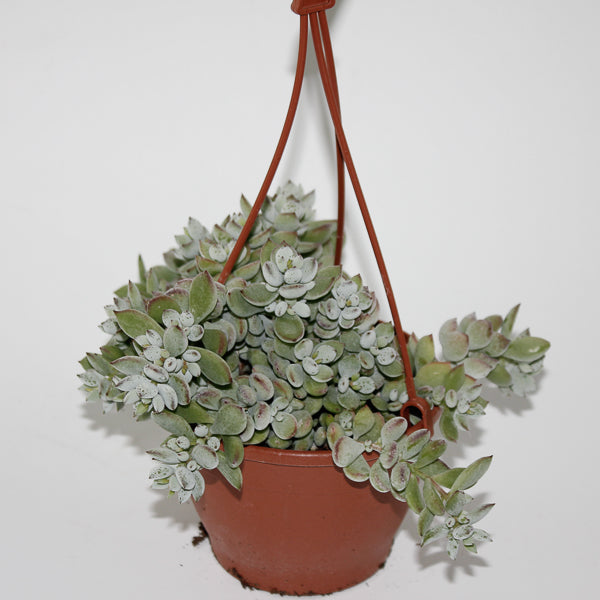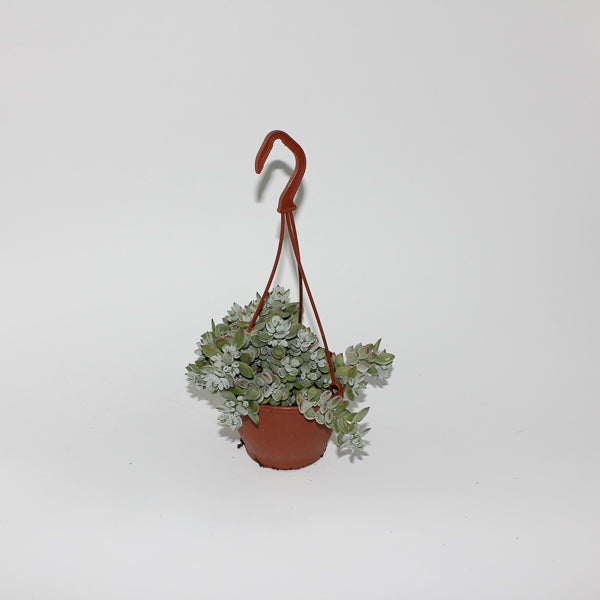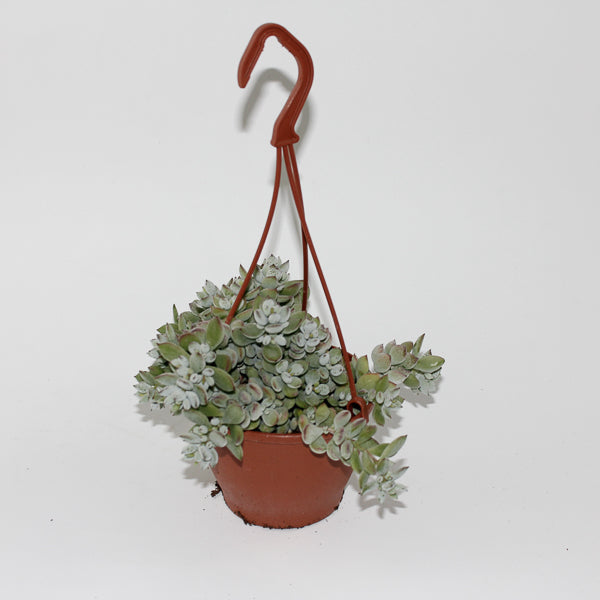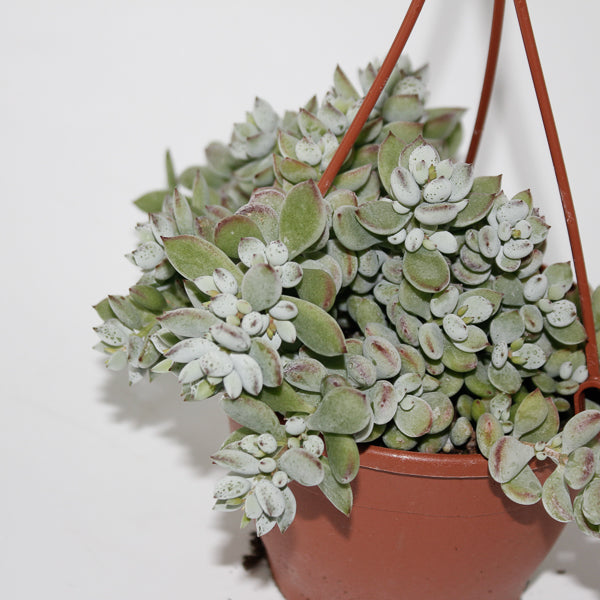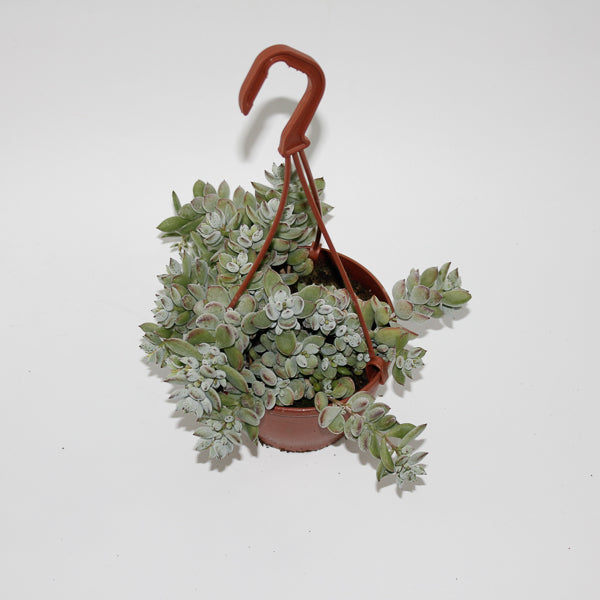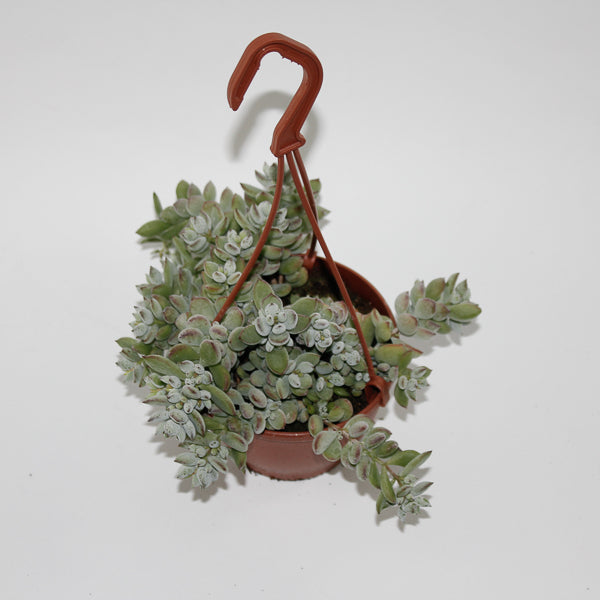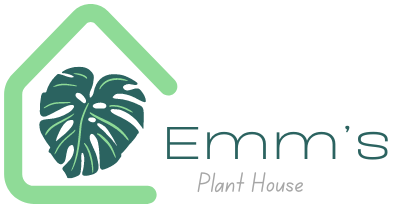1
/
of
6
Emm's Plant House
Cotyledon Pendens Ø12cm H25cm
Cotyledon Pendens Ø12cm H25cm
Regular price
£25.00 GBP
Regular price
Sale price
£25.00 GBP
Unit price
/
per
Taxes included.
Couldn't load pickup availability
Cotyledon pendens is an attractive and unique succulent native to South Africa. This plant is known for its trailing stems and rounded, plump leaves that are typically blue-green, turning slightly red at the edges when exposed to direct sunlight. The leaves are soft, fleshy, and covered in a fine powder, which gives them a subtle, silvery appearance. In spring, Cotyledon pendens produces small, tubular flowers that are typically orange or red, adding a pop of color to its already striking foliage. It is an excellent choice for hanging baskets or as a cascading addition to succulent arrangements.
- Full Botanical Name: Cotyledon pendens
- Common Names: Trailing Cotyledon, Pendant Cotyledon
- Country and/or Region of Origin: Native to South Africa
- Growing Conditions in Native Habitat: Grows in dry, rocky soils in arid, semi-desert environments with full sun exposure and minimal rainfall
Care Guide
Care Guide
Share
